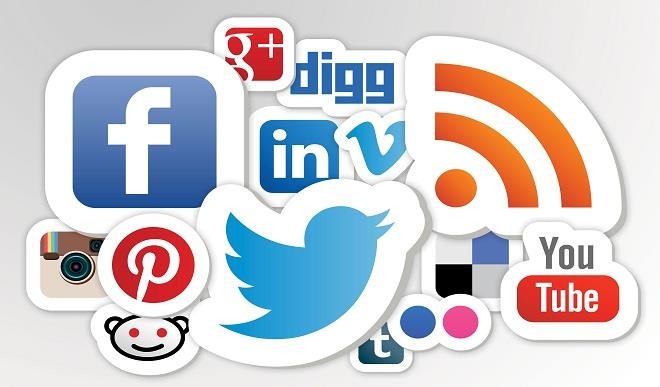Does social media make us lonely?
Culture is a way of life for a particular group of people. It is either rigid or dynamic depending on the period and circumstances of the time. For the present generation there is a pervasive culture of social media which has developed over the last decade. This means that social media has become a lifestyle […]


Culture is a way of life for a particular group of people. It is either rigid or dynamic depending on the period and circumstances of the time. For the present generation there is a pervasive culture of social media which has developed over the last decade. This means that social media has become a lifestyle for most people. Currently, there are several platforms of social media some of which include Facebook, Wikipedia, Twitter. These are “forms of electronic communication through which users create online communities to share information.” (Merriam W, 1828). Clay Shirky in his TED talk explains that social media is gradually becoming more of a “site of coordination” as individuals can now use these platforms to hold discussions based on information that is received. This new development causes users to participate more on social media as it is now more than just a medium for receiving information but also a platform for self-expression.
“Research has found that loneliness is associated with both increased internet use and abuse.” (Morahan M, 1999). Social media is a very versatile platform where users engage in activities like sending of messages, images, videos, etc. This has caused users to gradually create a virtual life of their own which limits real interactions with real people, causing loneliness. With social media, self-expression is made easier and more effective because “self-expression values are at an all-time high, and people are increasingly relying upon social media platforms to express themselves positively and accurately” (Orehek E, 2016). Most times, people prefer to express thoughts and ideas using social media because unlike in real life interactions with people who can physically see you, identity can easily be hidden, therefore there is hardly any consequence for actions. Also, one can send and receive information very easily and quickly. The Shannon Weaver method of communication where the information – transmitter- receiver- destination process occurs, the medium used to share information from the transmitter to the receiver determines the speed at which such information can be disseminated from transmitter to receiver. With social media as a medium, information is sent and received in seconds. It also keeps one informed, and connected with friends from various parts of the world dramatically eliminating the effect of distance between people as every social media is linked to the internet which makes the world a global village.
These are the reasons most people depend on the social media as a way of life and to literally live their lives on the internet and eliminate real life interactions and experiences. “The reality is that there are many people who purposefully craft an image of themselves that they want the world to see.” (Mordecai H, 2015). Everyone wants to put out the best of themselves on social media and this is another factor that causes the feeling of loneliness when using social media. The more users are only exposed to the good side of other people’s lives, the more he or she begins to see faults in his or her own life and this gradually causes loneliness to develop in a person. Being an outsider causes loneliness and when one begins to feel like he or she is different from others in the sense that their life is not up to the standards of others on social media, that person begins to feel like an outsider. Also, with social media there is a tendency for users to be cyber bullied. This is “The use of electronic communication to bully a person, typically by sending messages of intimidating or threatening nature.” (Oxford University Press, 1879). When one is cyber bullied, it increases the risk and dangers of social media on the health of the user.
“Loneliness has a wide range of negative effects on both physical and mental health including depression and suicide, antisocial behaviour, increased stress levels, poor decision making, etc” (Kendra C, 2017). With this we can see that loneliness is more than just a feeling but could lead to other dangerous effects on individuals.
In conclusion, social media has a stronger impact on the society as it could make or break a person and each post, video, image, has more than just the effect of entertainment. With this new age, the internet has become more relevant than it has ever been so the possibility of encouraging users to use social media less is low. Rather to limit the damage caused by social media, some policies can be put in place such as restriction of particular contents by countries, flagging down unwanted comments and remarks, etc. Some countries can restrict the display of certain content from showing in the country to protect users who may get affected by it. Also, taking down unwanted comments can reduce the risk of cyber bullying which is more hazardous on the health of a user of social media. Other strategies can be put in place by the government, but it could also be as simple as paying attention to the well-being of a fellow user before posting on social media.
Otisi wrote from McMaster University, Canada.
